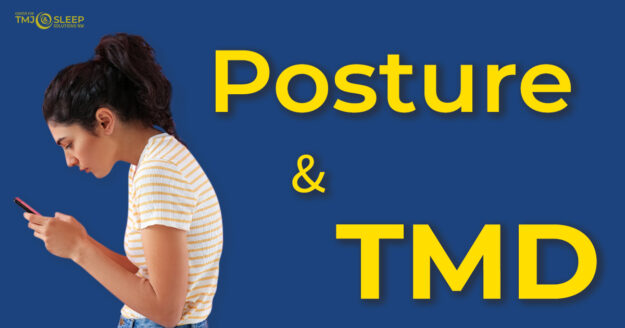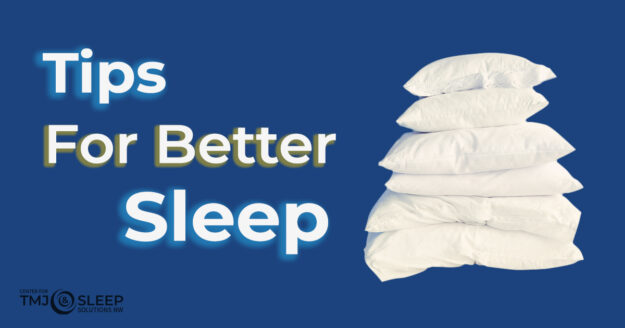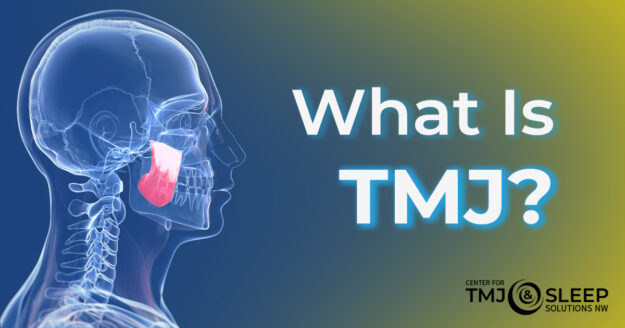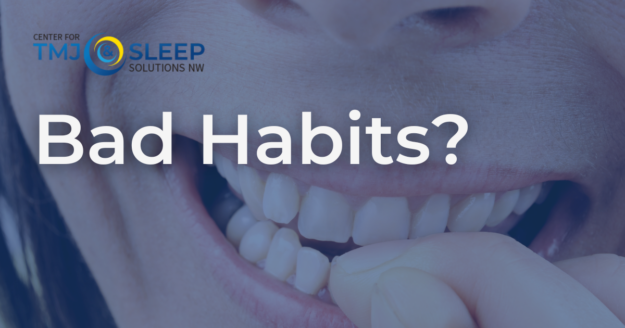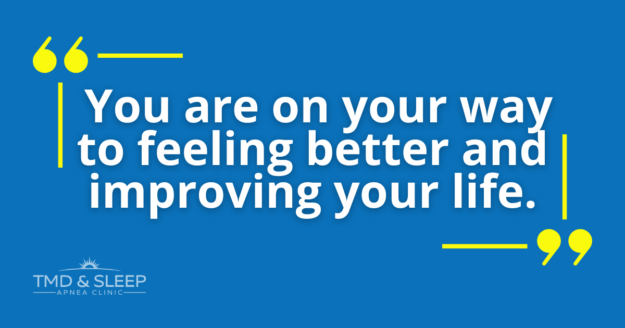The Connection Between TMD & Posture
Do you sit hunched over a computer, drive, or scroll on your phone for several hours every day? You may already know that none of these activities is good for your posture. However, did you know that they could also be triggering your TMD symptoms? Keep reading to learn more about the connection between posture and TMJ disorders.

